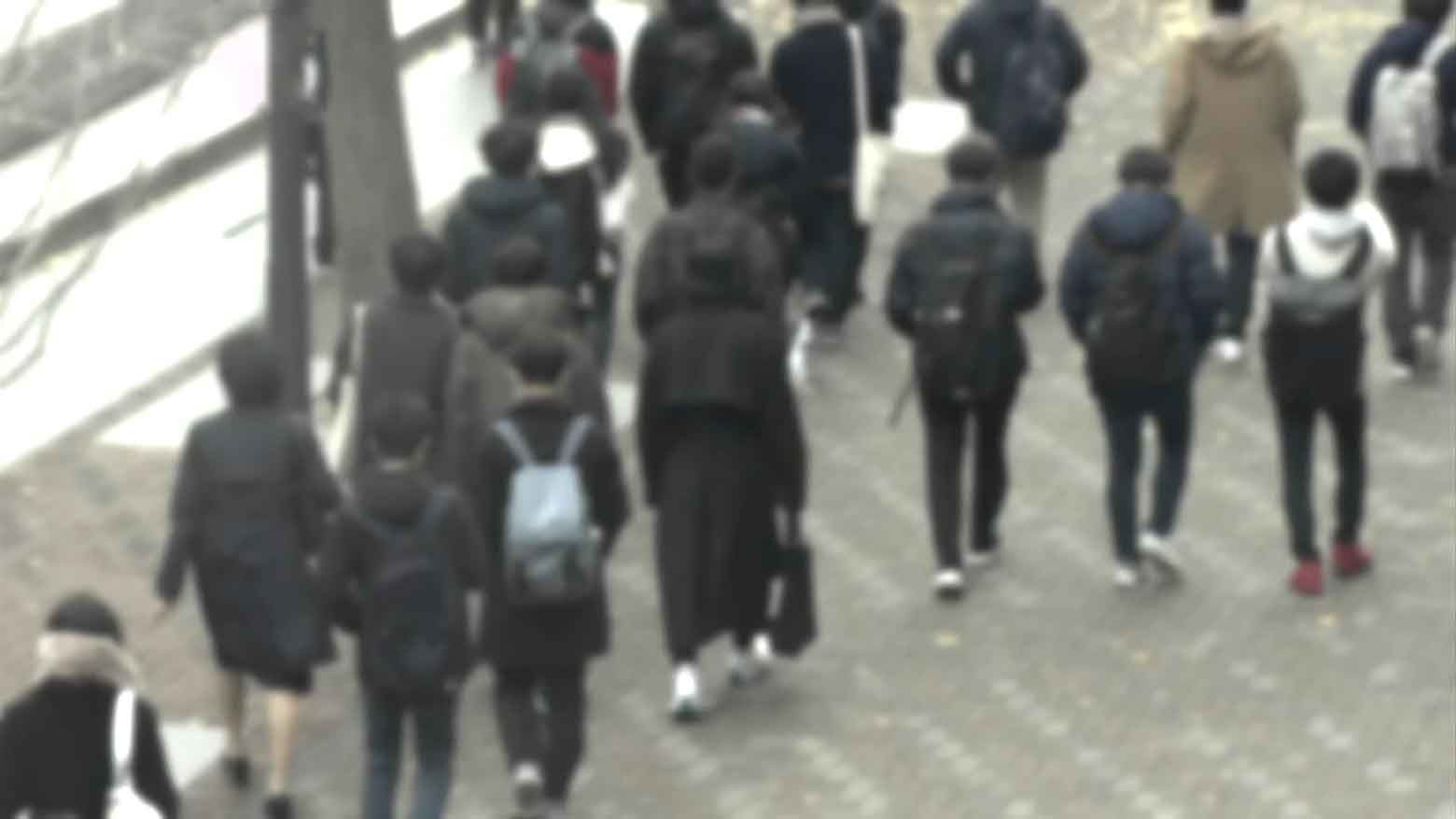Japan's previous age of majority was set way back in 1876. The change means 18- and 19-year-olds can apply for credit cards, smartphone contracts and loans without parental consent. They can also choose where to live as independent adults.
The minimum age for drinking, smoking and gambling remains unchanged at 20, while the legal age women can marry has jumped from 16 to 18, the same as for men. From 18, new passports will last for a decade.
Youngsters 'lack financial knowledge'
The social shift is raising concerns that young people could dig themselves into financial holes.
"There is a high risk that students under 20 will face money problems, because they do not have enough experience or knowledge," says Takahashi Akiko, a visiting professor at Seikei University who specializes in young people's behavior and information literacy.

Japan's Civil Code stipulated that agreements signed by people under the age of 20 without the consent of their parents could be canceled later. Now, 18- and 19-year-olds who find themselves in contract disputes are not protected by that safety net.
What's more, consumer rights authorities say the number of young people seeking advice about pyramid schemes is rising.

NHK spoke to a university student who signed up to what he thought was an entrepreneurial school. He lost his part-time job at an izakaya pub due to the effects of the coronavirus pandemic, and was struggling to meet a $3,300 contractual obligation he was paying to the school operator in installments.

The school was recommended by someone he knew on Twitter, but it turned out to be a pyramid scheme. He asked for the contract to be canceled, but the operating company refused.
The student followed the advice of some friends and sought a legal way out. In the end, he was protected by the mechanism that allows minors to cancel contracts signed without parental consent.
"I was 19 at the time... It was a dangerous situation, but I was able to get a full refund," he says.
Survey suggests Japan's youth not ready
In January and February, nonprofit organization the Nippon Foundation conducted an online survey on 1,000 people aged between 17 and 19 from each of six countries: Japan, the United States, Britain, China, South Korea and India.
Only 27 percent of those in Japan said they consider themselves to be adults – the lowest figure among the six nations.
By comparison, 86 percent of respondents in the US and Britain said they considered themselves to be adults, followed by 84 percent in India, 71 percent in China, and 47 percent in South Korea.
Ultimately, Japan is now aligned with many other countries where 18 is regarded as the threshold for adulthood. Whether young people in Japan are ready to embrace the change remains to be seen.
Takahashi says the pandemic has only made them more vulnerable. "University students who are stuck at home without club activities are in a lonely environment. Money-making is a popular topic on social media, and young people tend to be targeted because they believe in the importance of online connections."


